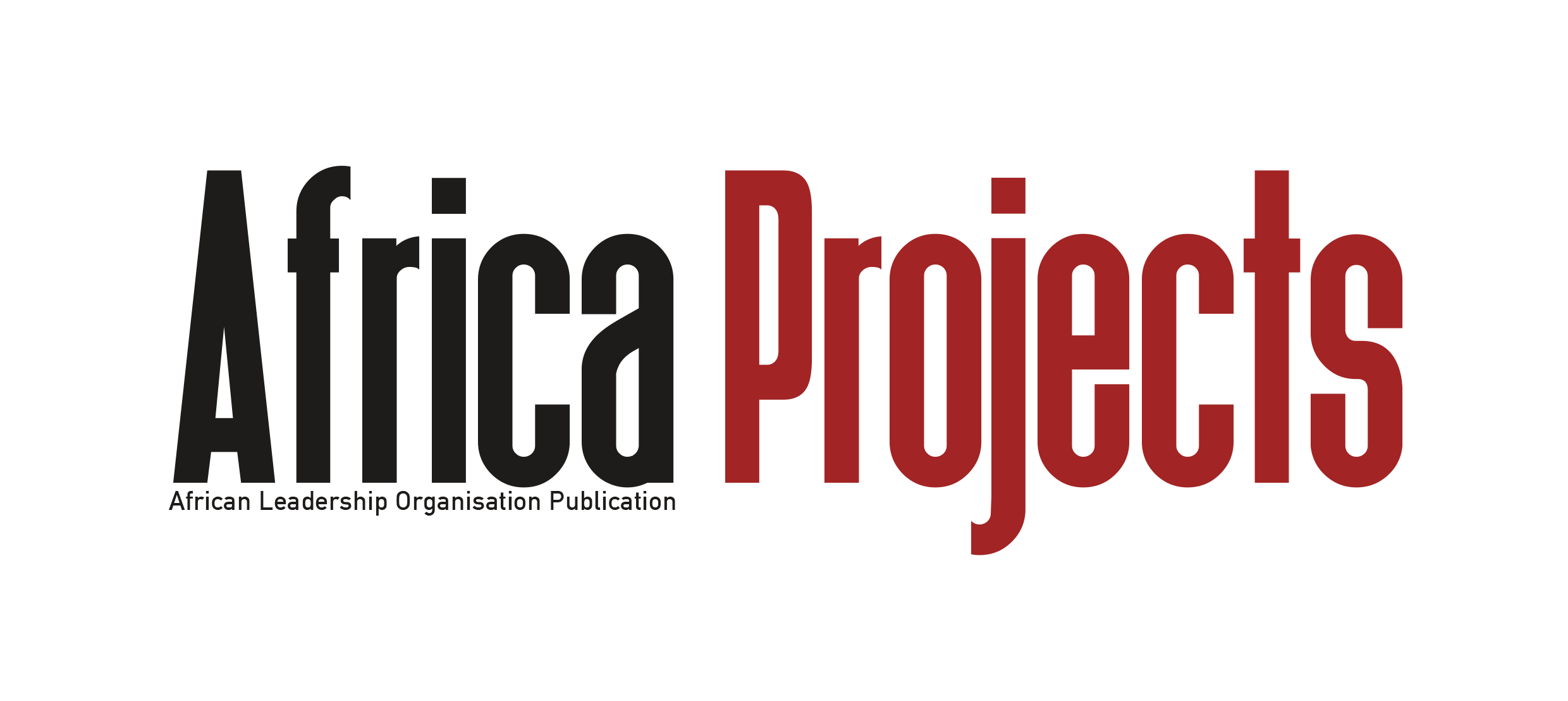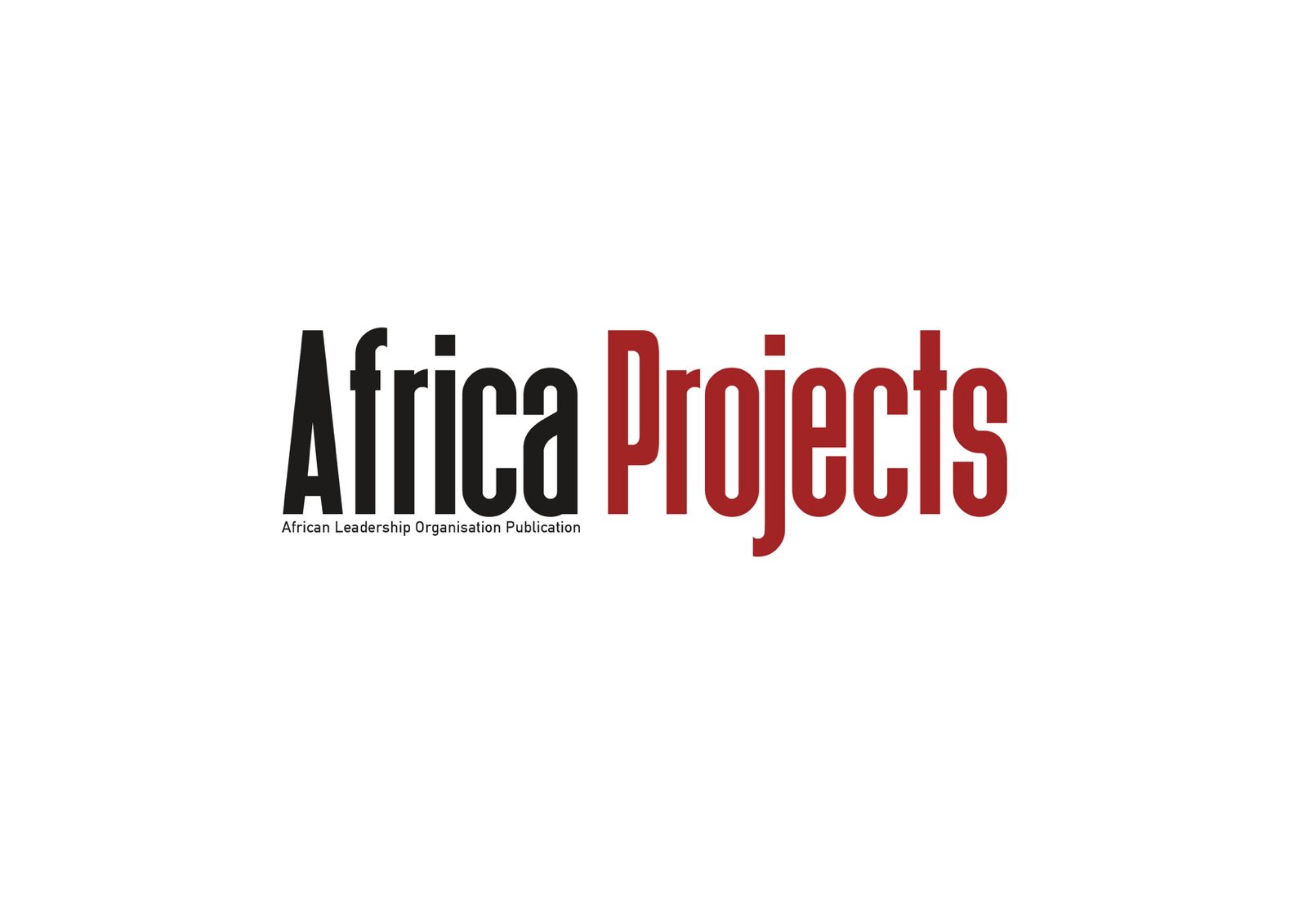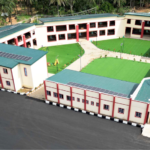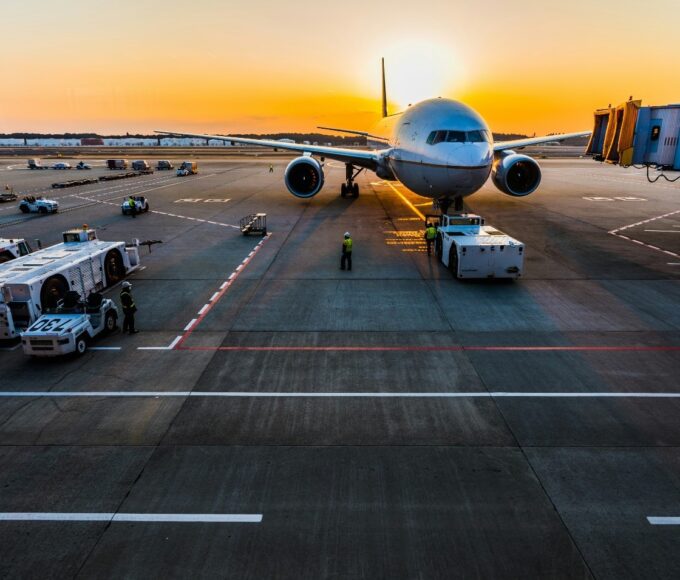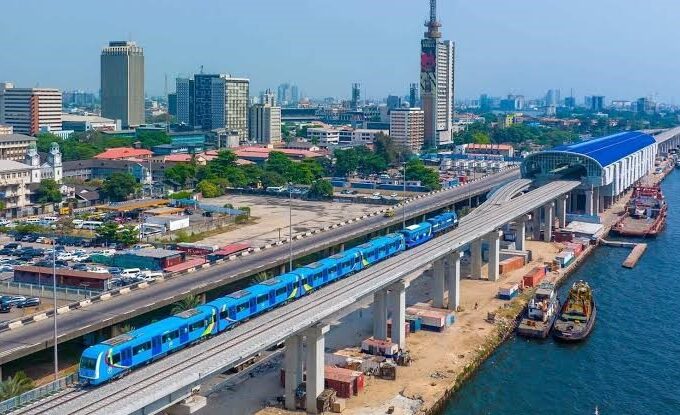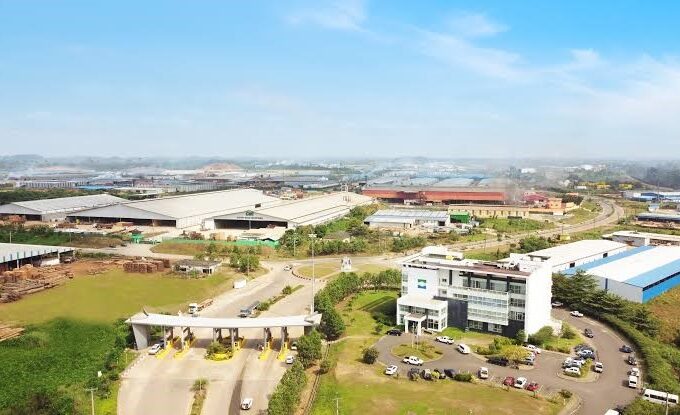- Home
- Features
- Startup Zone
- Projects
- Policies
- Shop
- Policies
- Projects
- Startup Zone
- Country Spotlight
- Analysis
- Tech
- Policies
- Projects
- Startup Zone
- Country Spotlight
- Analysis
- More
- Beyond the Kalashnikov: Africa’s Shift Toward Technology-Driven Warfare
- Afrail Express: Uniting a Continent on Rails
- AFRICA’S ENERGY CORRIDORS: CONNECTING POWER, PEOPLE, AND PROSPERITY
- Startup Lions Campus: Empowering Kenya’s Digital Generation
- L’Art de Vivre’s Le Paradis de Mahdia: Tunisia’s Model for Sustainable Luxury
- The Lobito Corridor: Rewiring Africa’s Trade Arteries Through Strategic Infrastructure
- AFRICA’S GREEN ENERGY TRANSITION: A BEACON OF HOPE FOR CLIMATE ACTION
- Dangote Refinery: Showcasing Africa’s Project Success Story
- AFRICA GREEN ECONOMY: ALL YOU NEED TO KNOW
- The Most Important Amicus Brief in the History of the World
- The Rise of Indigenous UAVs: Africa’s Drone Capabilities in Warfare and Surveillance
- AFRICA’S LARGEST OIL PRODUCERS: A COMPREHENSIVE OVERVIEW
- Beyond the Kalashnikov: Africa’s Shift Toward Technology-Driven Warfare
- Afrail Express: Uniting a Continent on Rails
- AFRICA’S ENERGY CORRIDORS: CONNECTING POWER, PEOPLE, AND PROSPERITY
- Startup Lions Campus: Empowering Kenya’s Digital Generation
- L’Art de Vivre’s Le Paradis de Mahdia: Tunisia’s Model for Sustainable Luxury
- The Lobito Corridor: Rewiring Africa’s Trade Arteries Through Strategic Infrastructure
- AFRICA’S GREEN ENERGY TRANSITION: A BEACON OF HOPE FOR CLIMATE ACTION
- Dangote Refinery: Showcasing Africa’s Project Success Story
- AFRICA GREEN ECONOMY: ALL YOU NEED TO KNOW
- The Most Important Amicus Brief in the History of the World
- The Rise of Indigenous UAVs: Africa’s Drone Capabilities in Warfare and Surveillance
- AFRICA’S LARGEST OIL PRODUCERS: A COMPREHENSIVE OVERVIEW
- Beyond the Kalashnikov: Africa’s Shift Toward Technology-Driven Warfare
- Afrail Express: Uniting a Continent on Rails
- AFRICA’S ENERGY CORRIDORS: CONNECTING POWER, PEOPLE, AND PROSPERITY
- Startup Lions Campus: Empowering Kenya’s Digital Generation
- L’Art de Vivre’s Le Paradis de Mahdia: Tunisia’s Model for Sustainable Luxury
- The Lobito Corridor: Rewiring Africa’s Trade Arteries Through Strategic Infrastructure
- Startup Zone
Top Insights
Dangote Refinery: Showcasing Africa’s Project Success Story
Regionally, the DRC has taken a more active role in multilateral security frameworks such as the East African Community Regional Force (EACRF) and the Southern African Development Community (SADC) standby brigade.

In the heart of Lagos’ Lekki Free Trade Zone stands a towering symbol of Nigeria’s industrial ambition—the Dangote Refinery. With a capacity of 650,000 barrels per day (bpd), it is not only Africa’s largest refinery but also the world’s largest single-train refining facility. Valued at over $20 billion, the refinery represents Nigeria’s bold stride toward energy self-sufficiency and economic rejuvenation.
Historically, despite being a major crude oil producer, Nigeria has imported over 90% of its refined petroleum products—resulting in high foreign exchange costs and recurring fuel shortages. The Dangote Refinery seeks to reverse this dependency by processing crude oil locally, reducing imports, and stabilising fuel prices.
Aliko Dangote, Africa’s richest man and President of the Dangote Group, envisioned a Nigeria capable of adding value to its crude resources. Disheartened by the country’s reliance on fuel imports and the inefficiency of state-owned refineries, he set out to build a facility that would meet domestic demand and enable Nigeria to become a net exporter of refined products.
“The idea was not just to build a refinery,” Dangote said, “but to create a complete ecosystem that would position Nigeria as a global refining hub.”
This vision is not only about industrial sovereignty but also part of a broader African renaissance—where bold, large-scale private-sector projects are reshaping the continent’s economic future.
Occupying over 2,635 hectares—six times the size of Victoria Island in Lagos—the Dangote Refinery is a marvel of modern engineering. Located strategically in the Lekki Free Trade Zone, it is ideally positioned near global shipping lanes, enhancing export logistics.
Key highlights include:
- Capacity: 650,000 bpd, the largest single-train refinery in the world.
- Product Range: Petrol, diesel, aviation fuel, kerosene, and polypropylene.
- Automation & Sustainability: Advanced control systems and emission-reduction technologies that meet international environmental standards.
Economic Impact: Catalysing a New Industrial Era
Nigeria has spent nearly $15 billion annually on fuel imports and subsidies. The Dangote Refinery is expected to significantly reduce this burden, improve the nation’s balance of trade, and strengthen the naira.
Wider economic benefits include:
- Job Creation: Over 100,000 direct and indirect jobs created across industries.
- Local Crude Utilisation: Reduced dependence on international refineries.
- Increased FDI: Interest from global energy firms and financial institutions.
- Export Capacity: Supplying refined products to ECOWAS countries and beyond.
A Broader African Success Narrative
The Dangote Refinery is not an isolated achievement. It adds to a growing list of transformative projects proving that Africa can deliver complex, high-impact infrastructure.
From Egypt’s New Administrative Capital and Ethiopia’s Grand Renaissance Dam, to Kenya’s Mombasa-Nairobi Standard Gauge Railway and Rwanda’s Kigali Innovation City, African nations are increasingly demonstrating their ability to execute world-class developments.
These projects:
- Reflect rising technical and financial capacity across the continent.
- Attract global investors who now see Africa as a destination for viable long-term infrastructure.
- Position Africa as not just a consumer market, but a builder of solutions for its own people.
Despite its promise, the Dangote Refinery has faced significant opposition. Dangote has publicly accused entrenched interests—dubbed “oil cabals”—of trying to sabotage the refinery, fearing disruption to the lucrative fuel import market.
“There are people who make billions off of fuel imports. They will fight to protect their interests, even if it means Nigeria remains dependent and vulnerable,” Dangote asserted.
These groups have allegedly orchestrated negative media campaigns, disrupted crude supply deals, and lobbied against the refinery’s success.
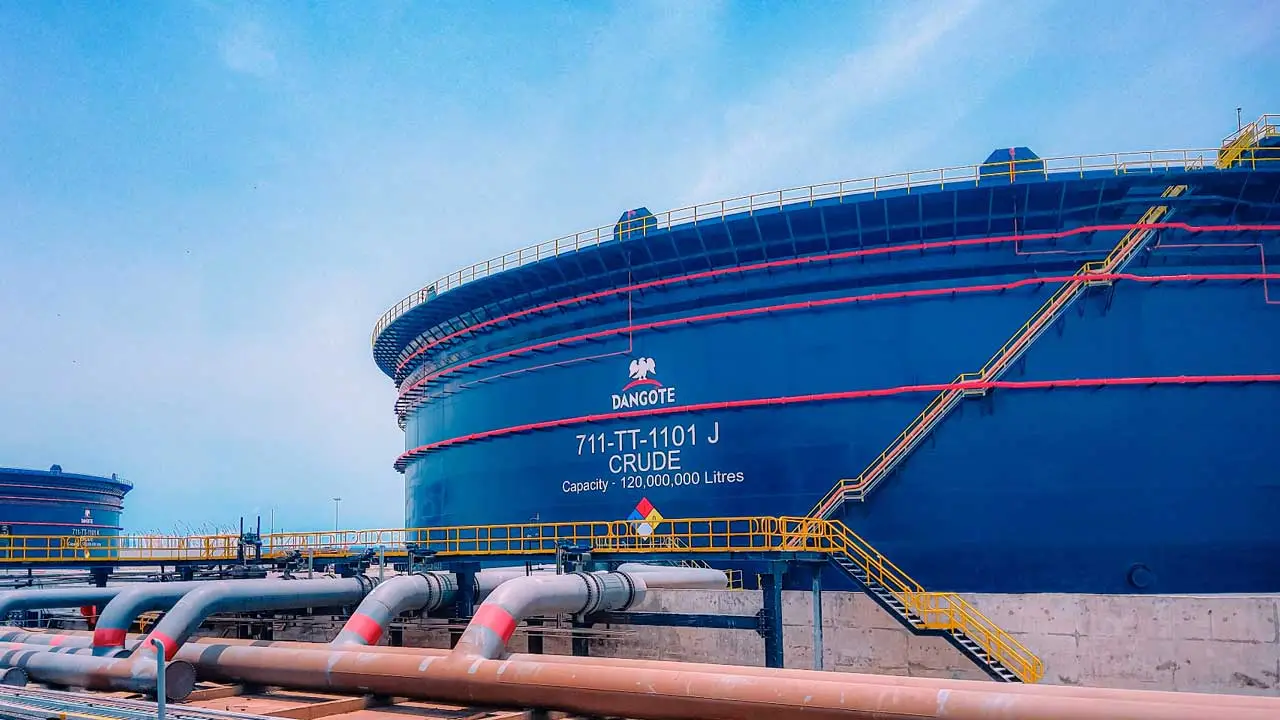
Crude Supply Crisis and Strategic Response
Nigeria’s oil production challenges—caused by theft, pipeline vandalism, and underinvestment—have impacted crude supply to the refinery. Some International Oil Companies (IOCs) have also been accused of inflating supply prices.
In response, Dangote Industries has taken proactive measures:
- Upstream Investment: To control crude supply and secure sustainability.
- Crude Agreements: Partnering with NNPC and local producers for reliable feedstock.
- Design Flexibility: The ability to process multiple crude grades from global sources.
Milestone Achievement and Outlook
In September 2024, the refinery marked a major milestone by producing its first batch of petrol. While the initial output was modest, it marked the transition from construction to operational readiness. A phased ramp-up is expected through 2025.
The Nigerian government, under President Bola Tinubu’s Renewed Hope agenda, views the refinery as a cornerstone of economic recovery. Regulatory agencies have accelerated licensing to ensure full commercialisation.
Looking ahead:
- Full capacity operations by late 2025.
- Regional energy hub for West and Central Africa.
- Expansion into petrochemicals—fertilisers, plastics, and industrial chemicals.
A Model for Africa’s Industrial Future
The Dangote Refinery exemplifies what Africa can achieve when visionary leadership, private capital, and strategic policy align. As the African Continental Free Trade Area (AfCFTA) gains traction, such megaprojects will form the backbone of regional industrialisation.
Neighbouring countries like Ghana, Togo, Mali, and Niger are already seeking long-term supply deals—proof of the refinery’s cross-border significance. For the first time, Africa is not just exporting raw resources—it is exporting value-added products, expertise, and confidence.
The Dangote Refinery is more than a refinery. It is a statement of intent—that Africa is ready to build, scale, and lead in global industrial infrastructure. It underscores a new narrative of success driven from within the continent.
Despite facing sabotage, policy hurdles, and supply bottlenecks, Dangote’s tenacity has pushed the project forward. It has lit a beacon of hope—not just for energy security in Nigeria, but for the continent’s capacity to dream and deliver at scale.
For Nigerians long burdened by fuel scarcity amid oil wealth, the refinery symbolises a new dawn of sovereignty. For Africa, it sets a compelling precedent: the continent’s future belongs to those who dare to build it.
Recent Posts
Related Articles
Airports in Transformation: Ethiopia’s Vision for Bole
Ethiopia is charting an ambitious course to elevate its status as Africa’s...
ByafricaprojectAugust 13, 2025Women in South African Construction: Progress and the Road to Equality Ahead of Women’s Day 2025
As South Africa approaches National Women’s Day on August 9, 2025, there’s...
Byadmag_adminJune 12, 2025TOP 5 MEGA CITIES IN AFRICA
Africa is home to some of the fastest-growing cities in the world....
Byadmag_adminJune 12, 2025From Vision To Value: How Africa’s Special Economic Zones Are Powering Industrialisation
The signs of an industrial revolution, driven by the strategic development of...
Byadmag_adminJune 11, 2025